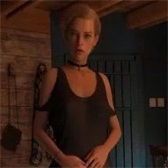Buried like a cursed treasure at the end of this week's episode of the official Xbox Podcast was an update on Playground Games' eagerly awaited Fable. It's "treasure" because it showcased rare gameplay footage, but "cursed" due to the inevitable announcement of a delay. Originally slated for a release this year, Fable is now set to launch in 2026.
While delays can be disheartening, they often signal a commitment to delivering a more polished and detailed world. In Fable's case, this extra time could lead to a richer experience. But as we wait, there's no better time to dive into the Fable series, particularly Fable 2, the pinnacle of the franchise, and (re)discover the unique charm of Lionhead Studios' 2008 RPG masterpiece.
By today's RPG standards, Fable 2 stands out as truly unique. Even in 2008, amidst contemporaries like Fallout 3 and BioWare's early 3D titles, Fable 2 was distinctive in its approach. While it follows a traditional campaign with a linear story and eclectic side quests, its RPG mechanics diverge significantly from the complex stat systems found in games like Oblivion and Neverwinter Nights. Instead, Fable 2 streamlines these elements, making it incredibly accessible, even to those unfamiliar with RPGs.
The game simplifies character progression with just six main skills affecting health, strength, and speed. Weapons have only a single damage stat, and armor and accessories offer no such complexities. Combat, though frequent, is straightforward, enhanced by imaginative spellcasting, such as the entertaining Chaos spell that makes enemies dance or scrub floors. Death is merely a minor setback with a small XP penalty, making the game forgiving and enjoyable for all players.
Fable 2 is the perfect RPG for those new to the genre. In 2008, when Oblivion's vast world might have felt daunting, Fable 2's Albion provided a more manageable setting with smaller, easily navigable maps. With your loyal dog companion guiding you, you can explore beyond the main paths to uncover hidden treasures, sunken caves, and intriguing Demon Doors. This design creates a sense of scale and adventure, despite Albion's more linear geography, which guides players from one landmark to another.
While Albion's physical world may not match the expansive landscapes of BioWare's Infinity Engine games or Bethesda's Morrowind, it excels in its vibrant, bustling society. Fable 2's world operates like a living, breathing entity. Each day, citizens follow their routines, from the town criers announcing shop openings to the nightlife's lively chatter. The game's NPCs have rich inner lives, influenced by their roles and personal tastes. Through a range of gestures, players can interact with these characters, delighting or offending them, and even sparking romances. This level of reactivity and societal simulation is reminiscent of Maxis' The Sims, making Fable 2's world feel truly alive.
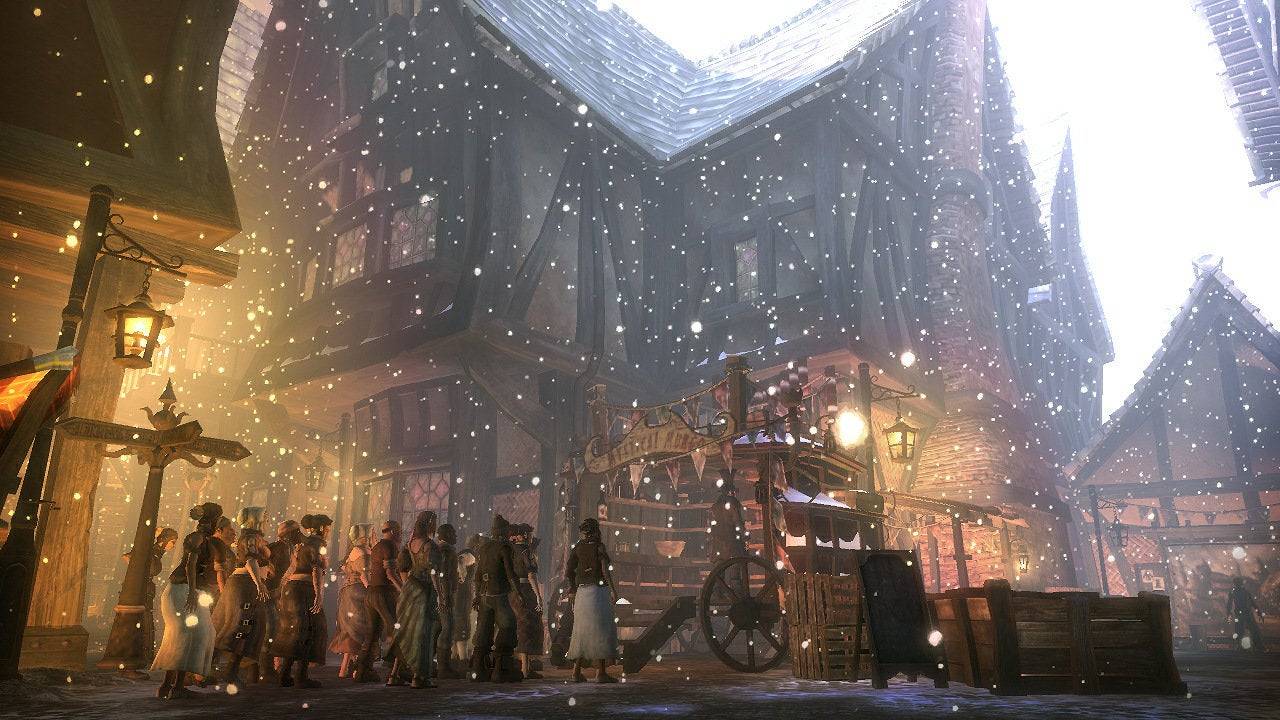
In Fable 2, you're not just a Hero; you're part of a living society. You can buy nearly every building in Albion, from homes to shops, using money earned from jobs like woodcutting or blacksmithing. As a homeowner, you can rent out properties or customize them to your liking. You can also engage in the game's social dynamics by charming NPCs with gestures, leading to relationships and even starting a family. These elements, while seemingly artificial, combine to create a genuine sense of life within the game.
Few RPGs have replicated Fable's unique social simulation. Even modern masterpieces like Baldur's Gate 3 lack the organic romances and property market dynamics found in Fable. However, Red Dead Redemption 2 comes close with its responsive world and detailed NPC interactions. If Playground Games' new Fable aims to stay true to its roots, it should look to Rockstar's living world for inspiration, rather than current trends in tabletop-inspired RPGs.
Playground Games must also preserve Fable's distinctly British humor, with its satirical take on the class system and playful vulgarity. The game needs a cast of memorable actors, as seen in recent trailers with Richard Ayoade and Matt King. Most crucially, Fable should maintain Lionhead's signature approach to morality.
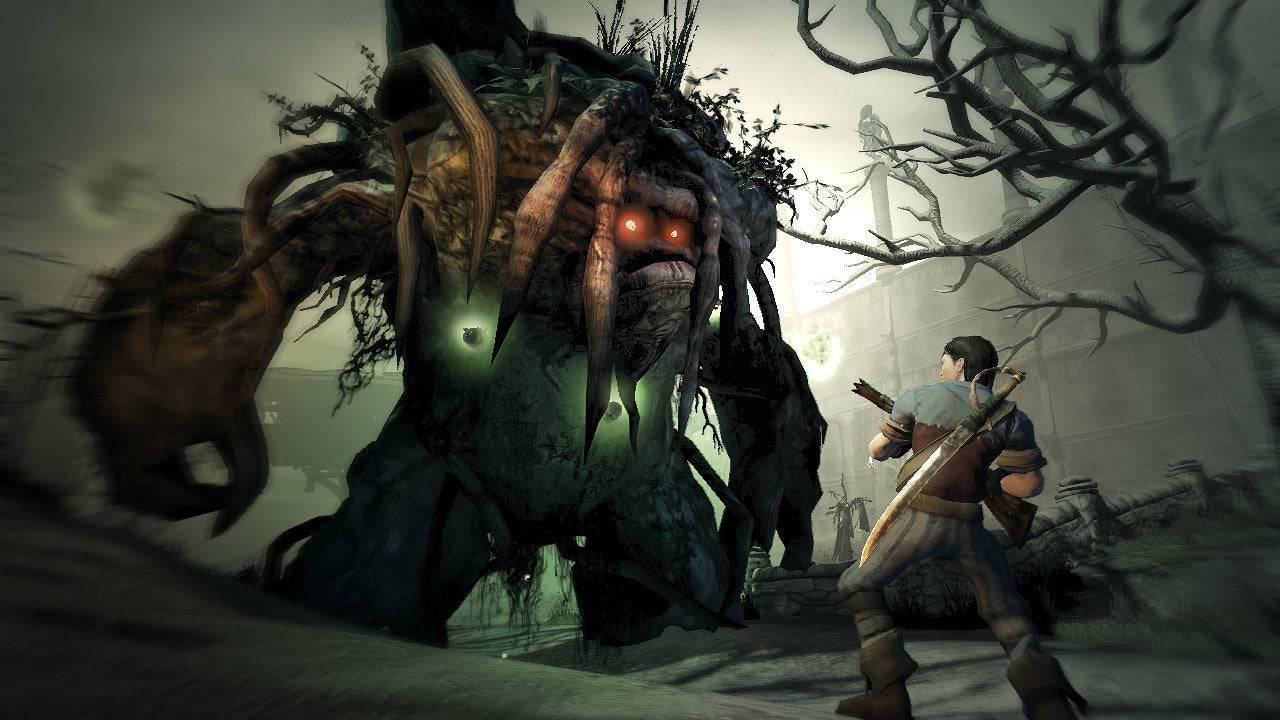
Peter Molyneux, the founder of Lionhead and lead designer of the Fable series, has always been fascinated by the dichotomy of good and evil. This theme was central to Lionhead's first project, Black & White, and continued through Molyneux's career, including his upcoming Masters of Albion. In Fable 2, moral choices are starkly binary—either completely good or utterly evil, without the gray areas found in games like The Witcher or BioWare's titles. This approach leads to comedic extremes, where quests offer choices like clearing pests or destroying goods, or tormenting an ex-lover versus marrying her.
Recent RPG developments have emphasized nuanced moral choices, but Fable thrives on its binary system. It allows players to be the ultimate hero or the most nefarious villain, with your actions visibly affecting your character's appearance and the world's reaction to you. Fable 2's quests and world dynamics enhance this experience, making the extremes feel rewarding and impactful.
The recent development update from Playground Games included 50 seconds of pre-alpha gameplay, but it's too early to judge if they've captured the essence of Fable. The footage showed a more detailed world, with hints of a less restrictive open world and a lush forest environment. A brief glimpse of a bustling city suggests that the social simulation of Fable 2 might be preserved. While the footage is limited, it offers hope that the new Fable will retain the series' unique charm.
As we await the 2026 release, revisiting Fable 2 can remind us why it's so beloved and why it's crucial for Playground Games to preserve its quirks. We don't need Fable to emulate The Witcher or Baldur's Gate; we need it to stay true to its roots—farts and all.



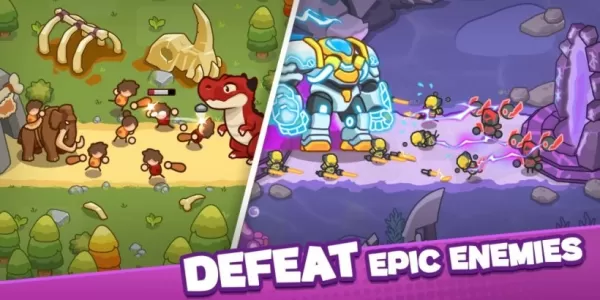
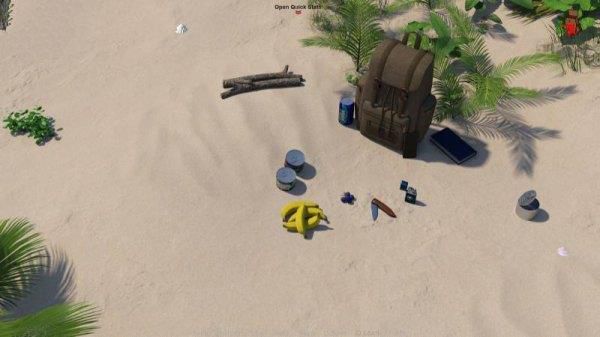


![NULL [Remastered]](https://imgs.39man.com/uploads/71/1719651062667fcaf6c483b.png)
